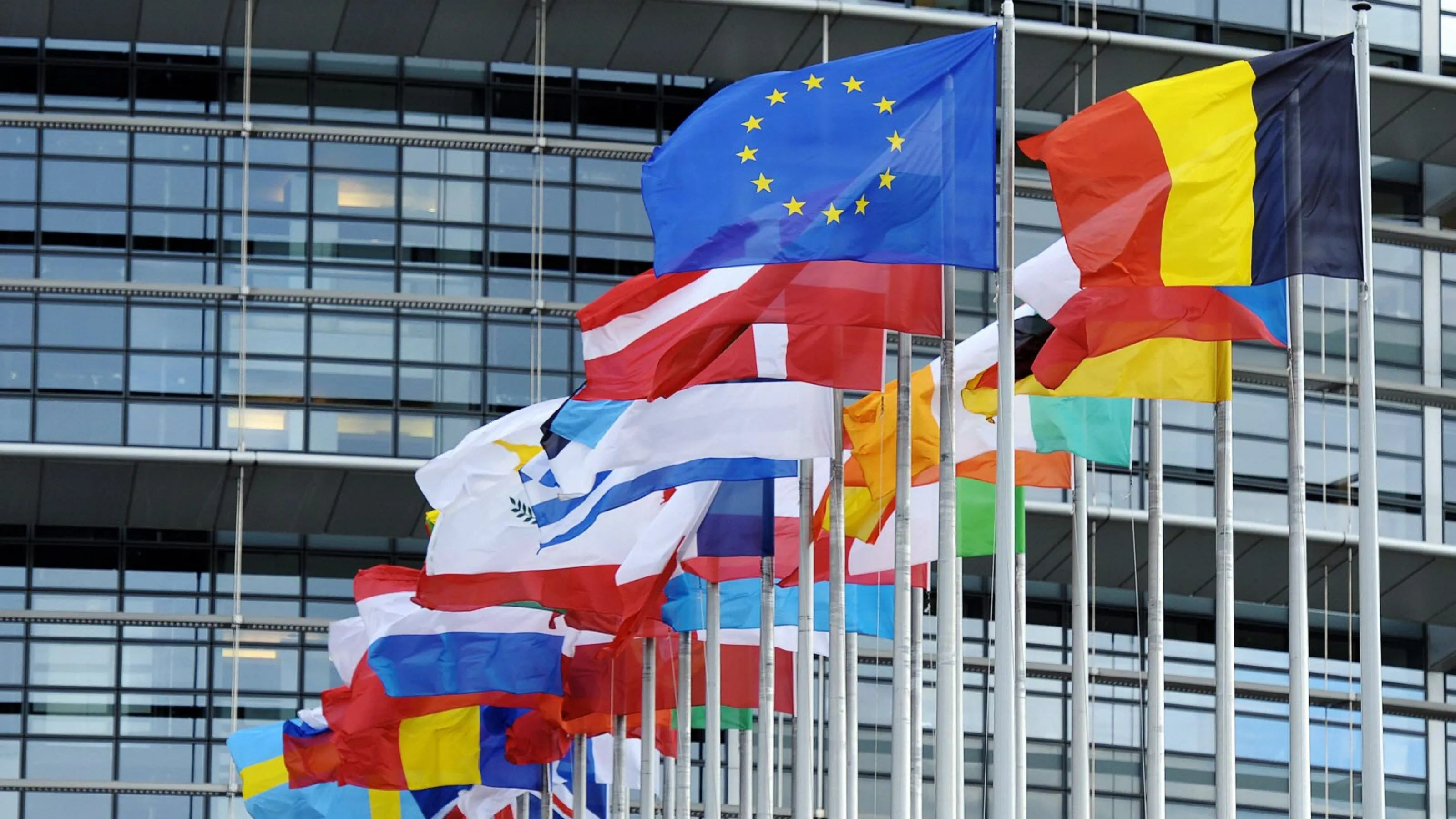Actualités
Politico Pro - Big Tech fines just got political, whether the Commission likes it or not - 14/04/2025

Big Tech fines just got political, whether the Commission likes it or not
By delaying expected announcements on fining Apple and Meta, the bloc’s Digital Markets Act is being dragged into the global trade war.
What is the European Commission waiting for?
More than two weeks have passed since its self-imposed deadline to finalize its cases against Apple and Meta for breaking the European Union’s digital laws. And there’s still been no official word on when the penalties are coming — or how much they’ll be.
The Commission insists that it is “business as usual” and the global trade landscape has nothing to do with the delay, not even United States President Donald Trump’s view that enforcement of the EU’s digital rules could lead to “reciprocal” tariffs in the ongoing trade war.
But the longer the wait, the more speculation grows that the timing is indeed being dictated by trade tensions with the U.S. — and will ultimately undermine the EU’s ability to police its own laws.
“The fact that key investigations are being delayed and politicized in the context of trade talks sends the wrong signal,” Stéphanie Yon-Courtin, a French member of the European Parliament from the liberal Renew group, told POLITICO. That the pending cases are being “dragged into broader negotiations on tariffs” undermines EU credibility on digital enforcement, she said.
The Commission was expected to issue decisions in three yearlong investigations into Meta and Apple’s breaches of the bloc’s Digital Markets Act — which lays out rules for how tech companies should operate on the European market — any time after March 28. It’s a deadline to which competition chief Teresa Ribera said she was committed earlier this year.
But then Trump said the DMA amounted to “overseas extortion” of American companies, the White House threatened additional tariffs in response to the EU’s tech regulation, and the U.S.’s top antitrust enforcer blasted the rules as “taxes on American firms.”
“Frankly, the days of being able to keep competition in its lane and not be affected by anything else are over,” said John Davies, a senior adviser at consultancy Brunswick and longtime antitrust expert.
The delay in announcing the Meta and Apple verdicts points to a careful and centrally led orchestration of when the decisions will land, in a process which is outside the competition directorate’s hands. While Commission officials are trying to take the heat out of the hype by downplaying expectations, the longer the delay goes on, the more political it appears.
Tomaso Duso, who chairs the German government’s competition advisory body, the Monopolkommission, told POLITICO that “if enforcement appears to be driven by political motives rather than legal and economic assessments, it risks losing its legitimacy and being perceived as an instrument of economic retaliation rather than a neutral regulatory tool.” It also risks of triggering a downward spiral of retaliatory measures by the U.S., he said.
Politicians are urging the Commission to act.
“The Commission has made ‘strategic patience’ its new mantra when it comes to dealing with the U.S.,” said Green MEP Anna Cavazzini, who chairs the European Parliament’s internal market committee. “That mantra must end when EU law obligations start,” she said.
Fines vs. taxes
The fact that digital service taxes are being mooted as part of tariff retaliation further muddies the waters.
The bloc aims to strike a deal with the U.S. administration during the 90-day tariff pause announced by Trump last week, but Commission President Ursula von der Leyen told the Financial Times on Thursday that if there is no negotiated solution, the EU’s response could include a wide range of measures, including “a levy on the advertising revenues of digital services.”To the Commission, it’s clear that fining Big Tech for a breach of the DMA and taxing it on its advertising revenue are two separate things. But it’s easy to see how the two may get tangled at a political level.For proponents of the DMA, it’s vital to keep the two separate.“Tying DMA enforcement to EU-U.S. trade dispute undermines the legal integrity and credibility of the DMA itself,” said Duso.
According to Rupprecht Podszun, a professor at Heinrich Heine University in Düsseldorf, Germany, it is “enormously important” that the Commission “stands firm and simply enforces the law,” to make markets fairer and more contestable and stick to the rule of law.
But other experts argue that competition law enforcement has always been political.
“The Commission enforces competition law and the DMA as a public authority. However, it decides cases as a political body,” Monika Schnitzer, chair of the German government’s economic policy advisory body, said, noting that this includes deciding whether cases are “discontinued or pursued with dedication.”
Davies said that while political considerations can be a factor in antitrust cases, there is a “big difference” between the standard investigatory steps of an investigation where the Commission may choose to speed or slow up a case on the basis of political considerations, and the final decision.
“The rubber hits the road on the finding of infringement. That’s when it really counts,” said Davies. “You could have a lot of standard investigatory steps toward enforcement that don’t actually cause too much geopolitical angst.”
Like it or not, the U.S. is now thinking about its antitrust mission — including fighting monopoly power — through an “America First” lens, and Europe needs to recognize that, said Cristina Caffarra, an independent competition economist.“
The whole discussion on DMA fines is, de facto, now a tariff discussion,” she said. “It would be remarkable to persist with business as usual, without actively thinking about what ‘Europe First’ would mean in all areas of enforcement. Everyone needs to wake up.”
Francesca Micheletti, Jacob Parry
 Stéphanie Yon-Courtin
Stéphanie Yon-Courtin


